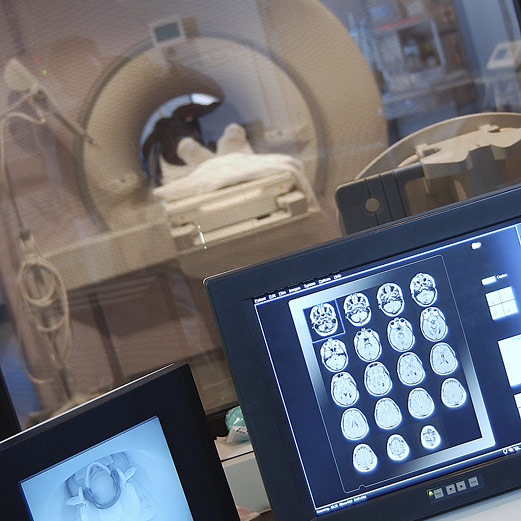Here are some of the latest health and medical news developments, compiled by the editors of HealthDay:
Study Discovers How Alzheimer’s Destroys Brain Cell Connections
Scientists who discovered how connections between brain cells are destroyed in the early stages of Alzheimer’s disease say their findings could lead to new treatments for the condition in its early stages.
“One of the first signs of Alzheimer’s disease is the loss of synapses — the structures that connect neurons in the brain,” team leader Vladimir Sytnyk, School of Biotechnology and Biomolecular Sciences, University of New South Wales, Australia, said in a university news release.
“Synapses are required for all brain functions, and particularly for learning and forming memories. In Alzheimer’s disease, this loss of synapses occurs very early on, when people still only have mild cognitive impairment, and long before the nerve cells themselves die,” he explained.
“We have identified a new molecular mechanism which directly contributes to this synapse loss — a discovery we hope could eventually lead to earlier diagnosis of the disease and new treatments,” Sytnyk said.
The researchers focused on a protein called neural cell adhesion molecule 2 (NCAM2), which plays a major role in connections between synapses. Analysis of brain tissue from dead people revealed that Alzheimer’s patients have low levels of this protein in the brain’s hippocampus.
Mice and laboratory studies showed that NCAM2 is broken down by beta-amyloid, a protein that is the main component of Alzheimer’s-related brain plaques.
“Our research shows the loss of synapses is linked to the loss of NCAM2 as a result of the toxic effects of beta-amyloid,” Sytnyk said.
“It opens up a new avenue for research on possible treatments that can prevent the destruction of NCAM2 in the brain,” he added.
The study was published in the journal Nature Communications.
Copyright © 2026 HealthDay. All rights reserved.

